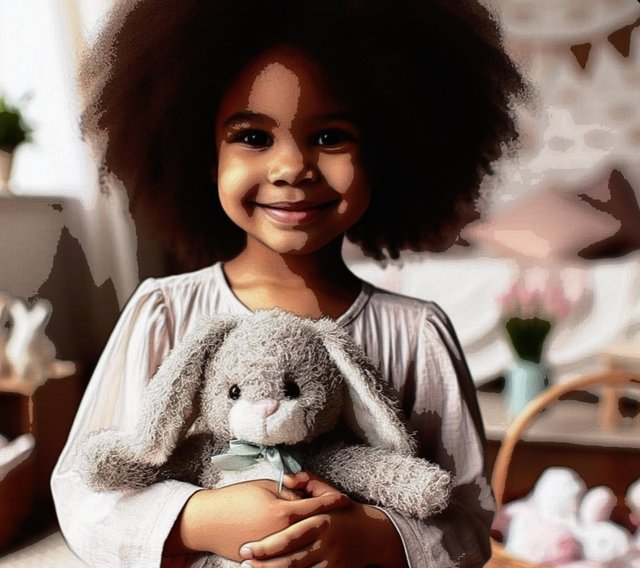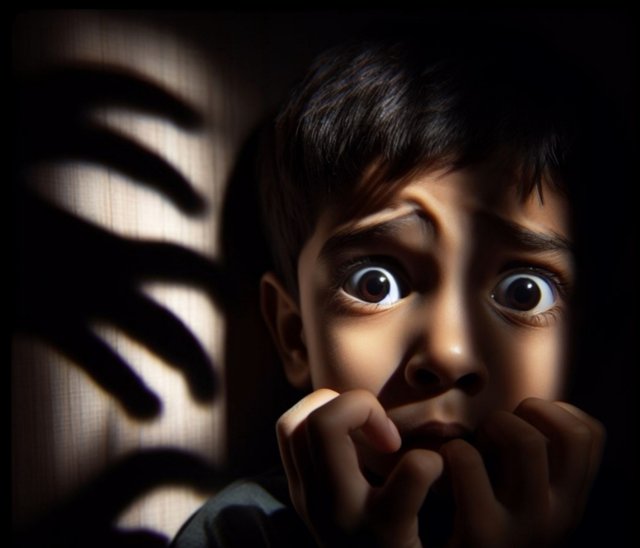
If you're like me, you always had this nagging wonder about darkness. Whether it may be darkness itself, or what lies within. So, the question today would be... why do you fear the dark? Since it's a universal experience that has intrigued humans for centuries, I'd say let's delve into the depths of this primal fear and explore its origins, psychological motives, and how it manifests in our lives, even now.
The Darkness Within: Unraveling Our Fears
Being afraid of the dark is what psychologists call a prepared fear. Our ancestors, navigating treacherous landscapes, needed to be vigilant against hidden dangers. Imagine our prehistoric parents huddled around their campfires, wary of predators lurking in the shadows. The dark conceals threats, whether it's predators or treacherous terrain, making it a natural focus of fear. Our evolutionary heritage predisposes us to fear certain things more readily, and darkness is definitely one of them.
For the most part, fear of the dark often begins in childhood. It's a normal part of development, as kids grapple with their expanding awareness of the world. The unknown does terrify them, and the dark enhances uncertainty. Children's imaginations run wild, conjuring monsters, ghosts, and other things that go bump in the night. But fear of the dark isn't limited to just childhood; it persists into adulthood for many people.
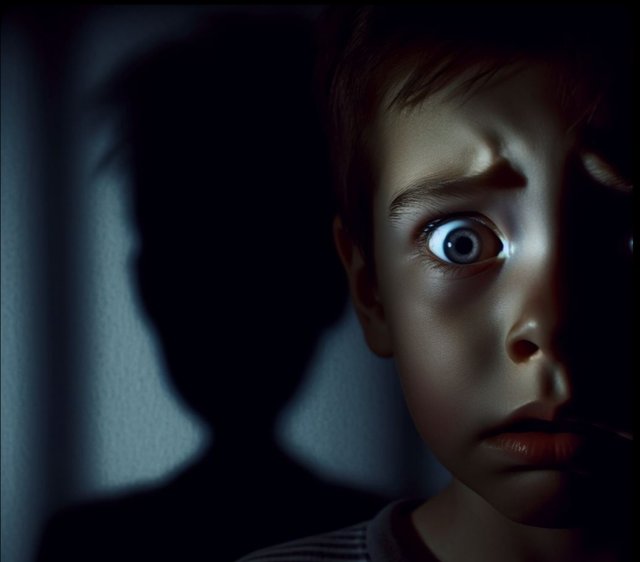
Uncertainty fuels our unease. When we encounter darkness, we are technically forced to confront the unknown. Our minds race with questions: What's out there? The absence of light amplifies our vulnerability. We crave the predictable, and the dark disrupts that sense of control. It's a void we wait to be filled with our worst imaginings.
Our fear of the dark could easily be traced back to a time, when we were far from the apex predators we are today. Many moons ago, our ancestors faced real-life threats. Like sabertooth tigers, huge wolves, and other nocturnal predators. Our ancestral survival depended on vigilance. Darkness shrouded danger, and our brains adapted to perceive it as a risk. Even now, our primal instincts persist, urging caution when the lights go out.
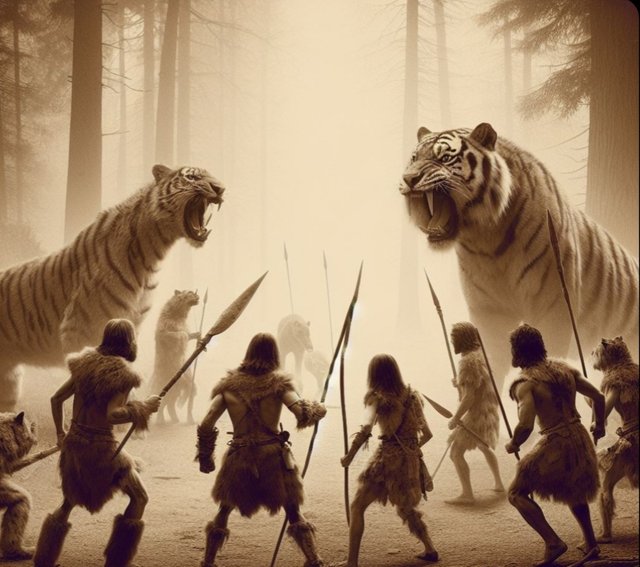
For some adults, fear of the dark lingers due to negative nighttime experiences. Perhaps, a horrific childhood nightmare left a deep scar, or an unsettling event occurred during the night hours. Trauma imprints itself on our psyche, and the dark becomes a trigger. It's not just the absence of light; it's the memories and emotions tied to it. These experiences can entangle our relationship with darkness.
According to statistics, around 10% of the U.S. population remains afraid of the dark. For some, it's a lingering echo of childhood fears. For others, it's a manifestation of deeper anxieties. The dark can symbolize the unknown aspects of life, our fears, regrets, and uncertainties. It's a canvas onto which we project our inner demons.
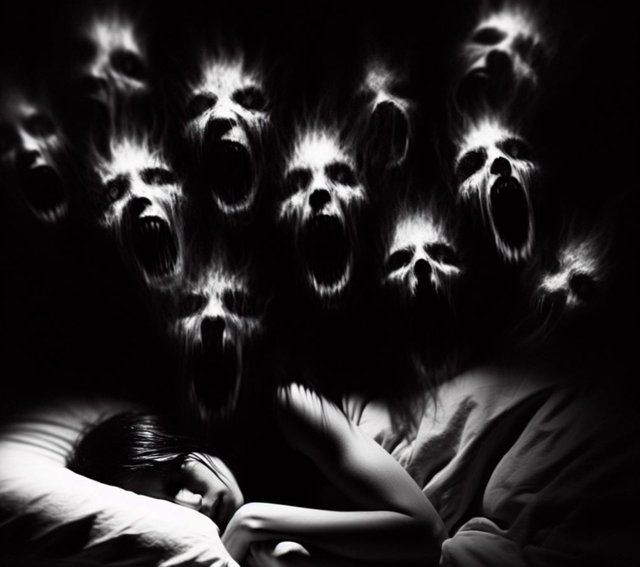
Recent research suggests that it's not darkness itself, but it's the absence of light that triggers fear. Strange right? Our brains will obviously process light and darkness differently, so that leads us to a need to understand the brain or more narrowly, the amygdala; the brain's fear center which reacts strongly to darkness. Neuro-biologically, we're wired to be alert in dim environments. The ancient struggle for survival echoes within our neural pathways.
So, the question would be, how do we control this fear? Well, acknowledging our fear is the first step of course. Gradually, we learn to navigate the dark, whether through nightlights, comforting rituals, or fighting through it. We embrace the shadows, recognizing that they can harbor both menace and mystery. But sometimes, in the quiet of the night, we find solace in the very darkness that terrifies us.
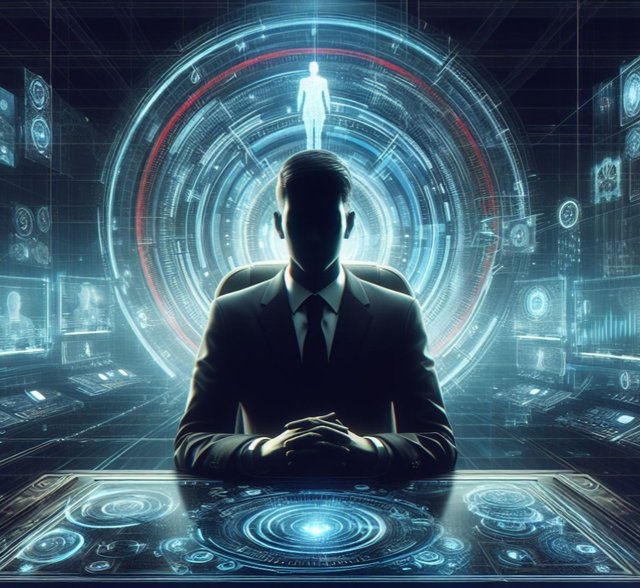
Ways that I broke free of my fear of darkness was, first, my acceptance. I really did need to recognize that it was okay to feel afraid of the dark. Many people do, so I didn't have to feel embarrassed or alone. Secondly, I spoke about it to those I trusted. There was an understanding factor that not only did young people suffer from this non phenomenon, but adults did too. Also, I had to be forced to get gradual exposure. I started small by spending a few minutes in dimly lit rooms, then spent a bit more time in multiple dark areas as time progressed. Night lights were soon to be a thing of the past, but my comfy blanket and Mr. Stuffy-kins stayed a bit longer. Tell no one... As I got older, I started seeking therapy, 'just in case' my fears didn't run too deep. They advised me to do relaxation techniques, like deep breathing or meditation. It definitely helped to manage the anxiety and fear I felt when my thoughts took control. Finally, I realized that the more positive my mindset was and the more that I learned, the better I became when the time of darkness arrived.
So, in conclusion, our fear of the dark is a multifaceted phenomenon; a blend of evolution, psychology, and personal experiences. So, the next time you switch off the lights, remember that you're not alone... in feeling that primal shiver. It's a shared legacy. One that connects us to our distant past and binds us in our vulnerabilities. It's not a forever thing; you can always change how you process your fears, and come out the other side anew.
